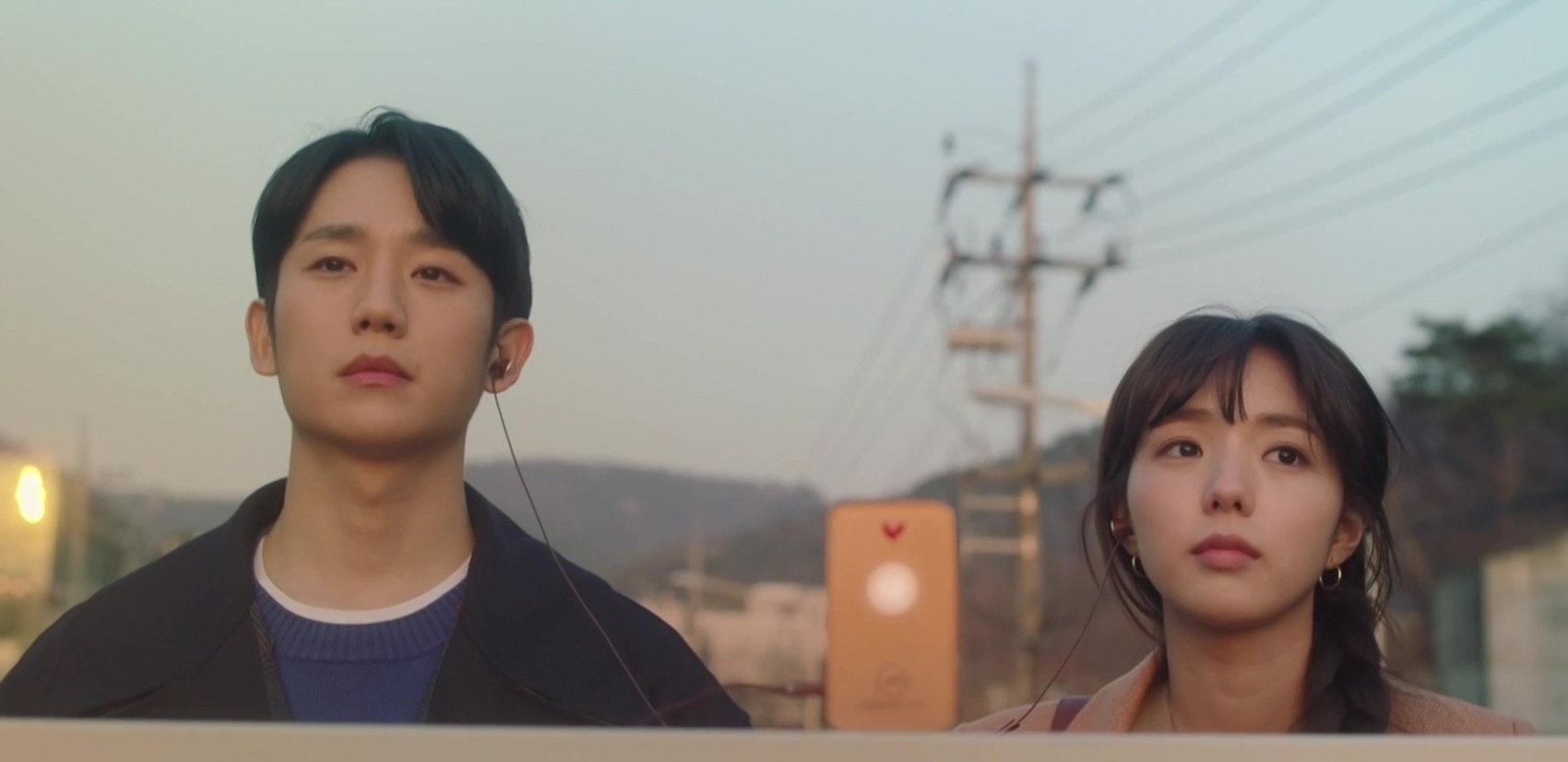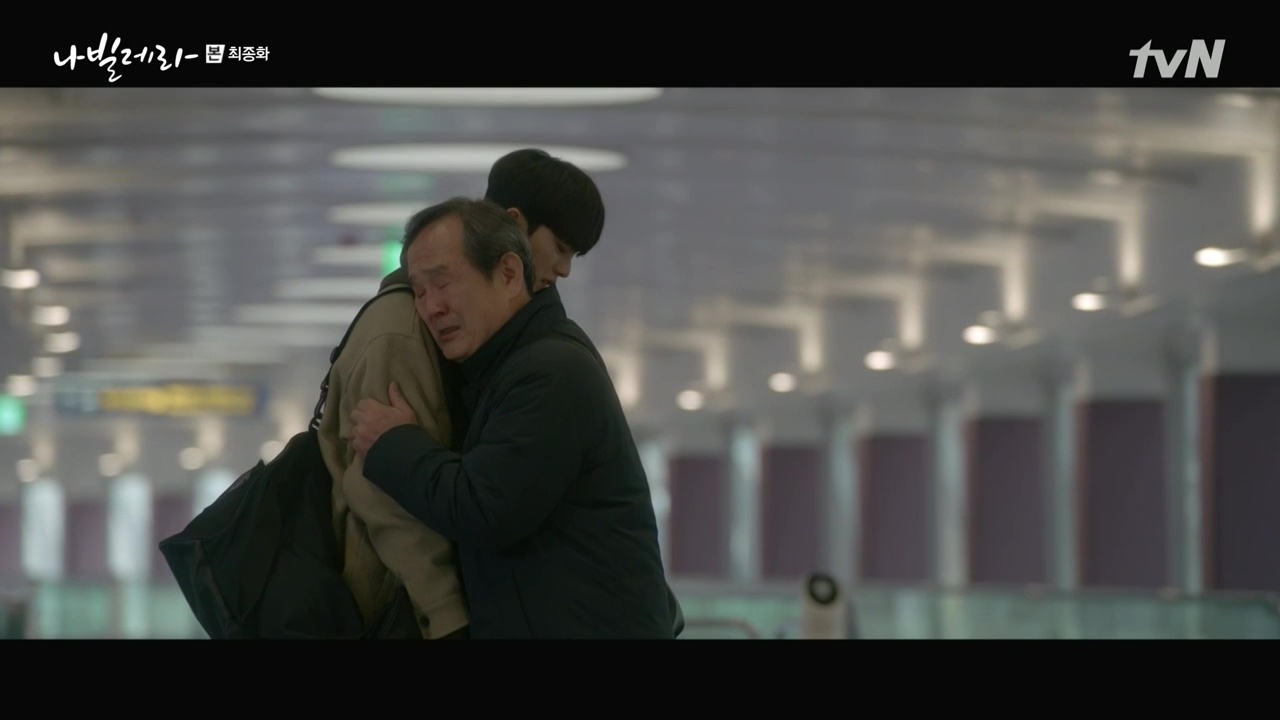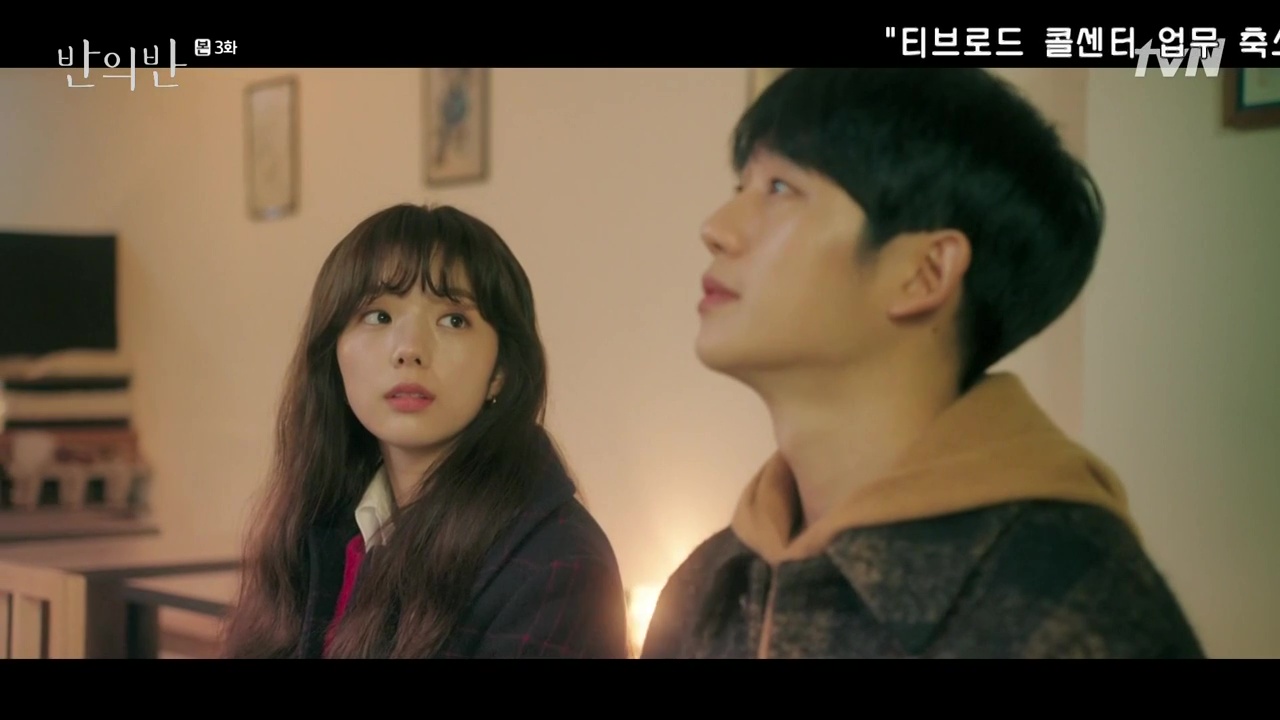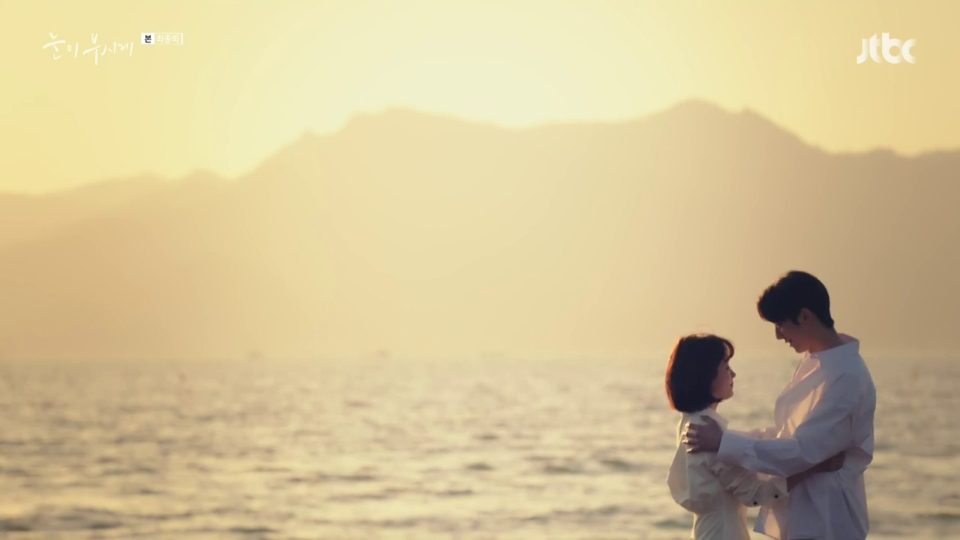[K-drama therapy] Why Humpty Dumpty should have tried television
by Guest Beanie

By @leetennant
Humpty Dumpty sat on a wall
Humpty Dumpty had a great fall
All the king’s horses and all the king’s men
Couldn’t put Humpty together again
With age comes grief.
It is our most constant companion. An unwanted guest that does not knock but simply barges in. A silent visitor that follows us around like our own shadow. Slightly behind but with a connection we can never sever.
Loss is ageless, but as we age loss accumulates. It amasses into a persistent thing that has our shape and form but is only insubstantial darkness. And the last few years have added an immeasurable multiplier to our grief shadow.
So when it comes to K-drama therapy, the most cathartic, the most emotionally satisfying watches for me are ones who deal with grief. Real grief. Not wailing, performative grief (although it has its place). But the steady growing weight of it that slowly grinds you down. The kind that persists even after the world has granted you your allocated time for healing. The kind that comes, not from grand trauma or grave injustice, but from life unfolding as it always has. The grief that grows as you age.

Navillera told us that aging and death happen, loss happens, but life is only a tragedy if you’re too scared to pursue your dreams. The Taiwanese drama Someday or One Day showed us that grief can destroy you if you let it overwhelm you, and you that have to let go of the past to learn to live again.
But whether it’s sobbing through Navillera or empathizing until it aches with The Light In Your Eyes, dramas that deal intelligently with grief may give us catharsis, but they also give us something more intangible and far more valuable. They show us characters – and a writer that created them – that feel what we feel. We feel seen and so does our pain.
Grief is nothing if not isolating. But watching a drama on characters dealing with grief – especially when they fail – helps us to know that we are not alone.

It’s why one of my favorite dramas is A Piece of Your Mind. This dreamy and ethereal examination of grief is about love, loss, and healing. All the characters in A Piece of Your Mind are grieving in different ways and all embody believable, if not necessarily effective, ways of coping and dealing with loss.
While the show examines grief in all its iterations – whether through the death of a loved one, a relationship, or even the person you used to be – it’s also about falling apart after grief and finding the thing that will stitch you back into a whole person. But first you have to admit that you’re still broken. And one thing K-dramas are not afraid of is broken people.
Following loss, A Piece of Your Mind tells us, we are pieces of ourselves. The hole inside us yawns. We crumble. But surviving grief is not about finding what we’ve lost but finding ourselves. Our new selves. The one with cracks. Humpty Dumpty with our thin shells latticed with life lines. We can’t go back and stop ourselves from crumbling into pieces. But we can put yourselves back together.
And isn’t that what therapy is? Something to help us put ourselves back together again. We remain permanently flawed. But nonetheless whole.

RELATED POSTS
[K-drama therapy] Why Humpty Dumpty should have tried television
Source: Buzz Pinay Daily
0 Comments